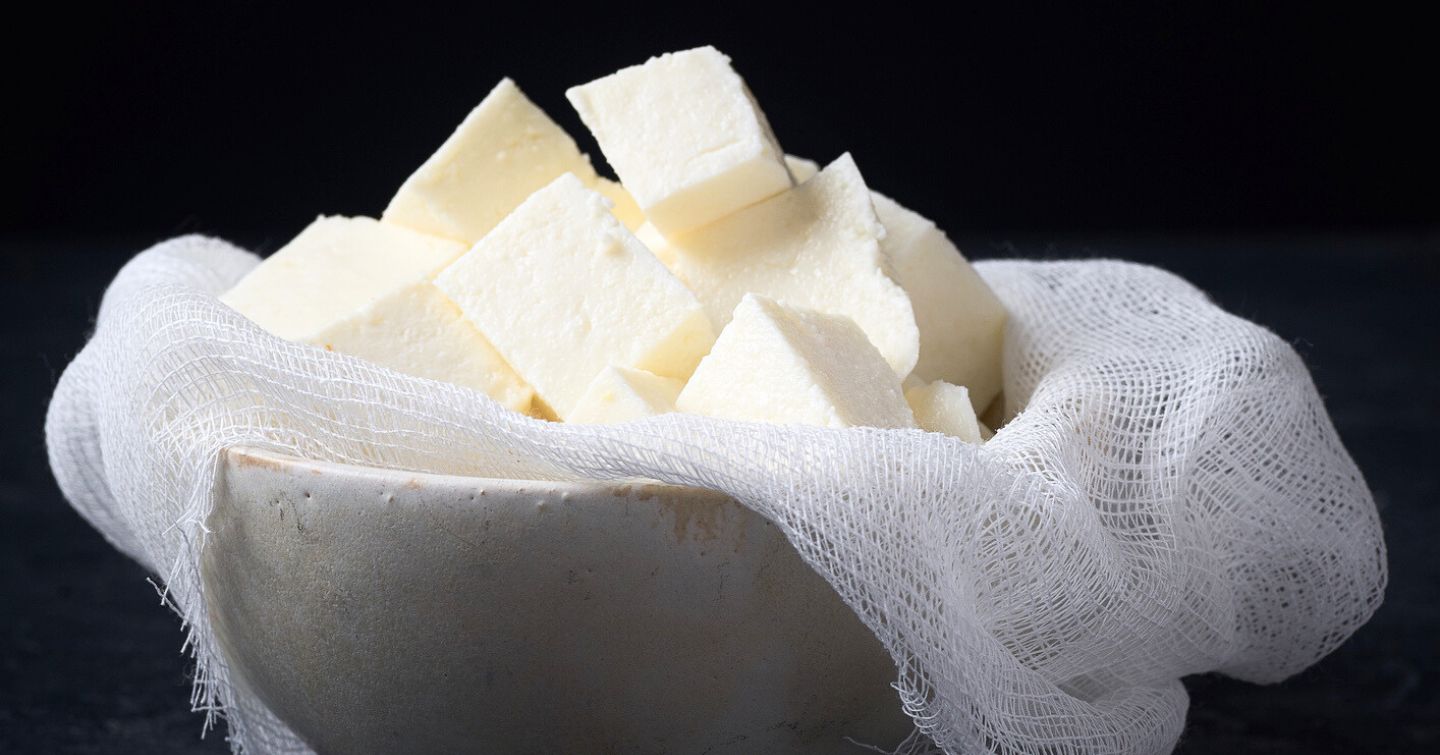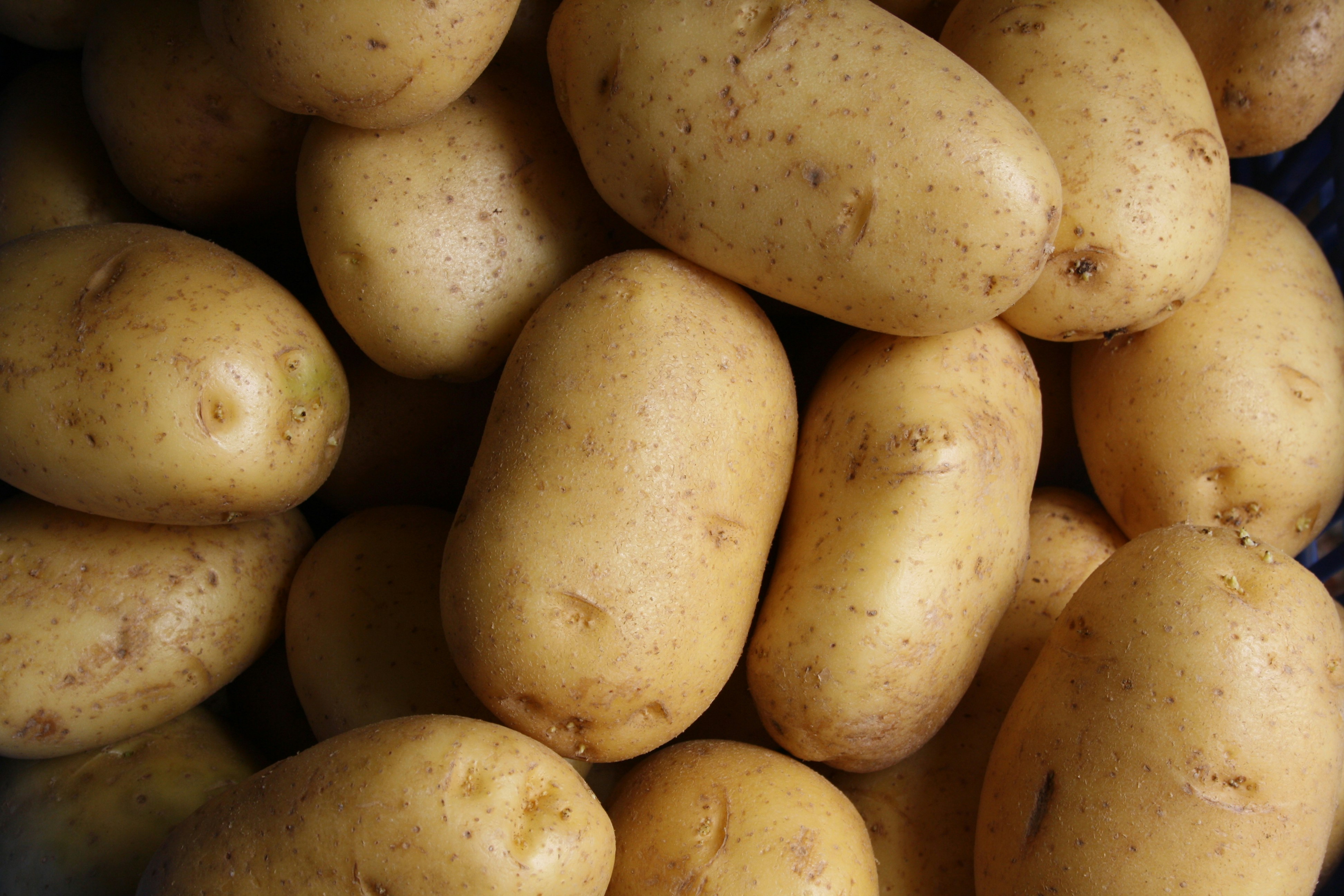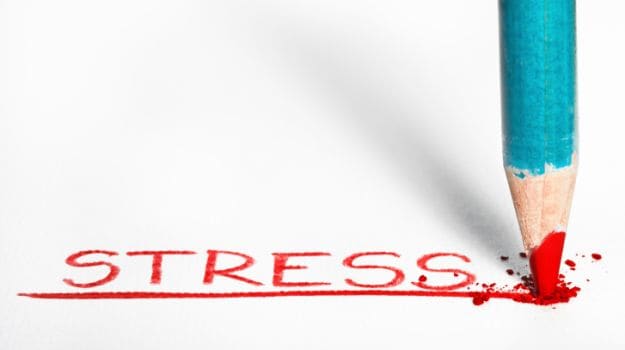Stress is known to cause a lot of damage to an individual in multiple ways. From meddling with one’s sleep, ruining appetite to affecting efficacy at work and causing mood swings – long-term stress can have serious repercussion on one’s health and overall well-being. Recently there have been quite a lot of studies dedicated to childhood stress. One of the latest studies noted how parent’s stress can even trickle down to their children and cause long-term damage to their overall development. Adding more to that is another study conducted by the researchers at the Michigan State University, US.(Stress During Pregnancy May Cause Obesity in Kids)The experts reveal that childhood stress affects a girl child differently when compared to the male child. Childhood stress may have a bigger influence on women’s weight gain as compared to stress they experience during adulthood, says the study. Interestingly, the study that appeared online in the journal Social Science & Medicine found that neither childhood nor adult stress was associated with weight gain for men.
"These findings add to our understanding of how childhood stress is a more important driver of long term weight gain than adult stress, and how such processes differ for men and women," said one of the researchers Hui Liu, associate professor of sociology at Michigan State University in the US.The researchers analysed data from a survey of 3,617 people (2,259 women and 1,358 men) who were interviewed four times in a 15-year period.Childhood stress was measured on a range of family-related stressors that occurred at age 16 or younger such as economic hardship, divorce, at least one parent with mental health problem and never knowing one's father. Adult stress included such factors as job loss, death of a significant other and parental and care-provider stress. The researchers found that women who experienced higher levels of childhood stress gained weight more rapidly than women who experienced less childhood stress."Change in body mass is a process that unfolds throughout life and childhood may be a critical period for establishing patterns that have a long term impact on women's weight over time," Liu said."Men and women respond to stress differently. It may be possible that women eat more to cope with stress, whereas men are more likely to engage in less weight-related strategies such as withdrawing or drinking alcohol," Liu added.Inputs form IANS
"These findings add to our understanding of how childhood stress is a more important driver of long term weight gain than adult stress, and how such processes differ for men and women," said one of the researchers Hui Liu, associate professor of sociology at Michigan State University in the US.The researchers analysed data from a survey of 3,617 people (2,259 women and 1,358 men) who were interviewed four times in a 15-year period.Childhood stress was measured on a range of family-related stressors that occurred at age 16 or younger such as economic hardship, divorce, at least one parent with mental health problem and never knowing one's father. Adult stress included such factors as job loss, death of a significant other and parental and care-provider stress. The researchers found that women who experienced higher levels of childhood stress gained weight more rapidly than women who experienced less childhood stress."Change in body mass is a process that unfolds throughout life and childhood may be a critical period for establishing patterns that have a long term impact on women's weight over time," Liu said."Men and women respond to stress differently. It may be possible that women eat more to cope with stress, whereas men are more likely to engage in less weight-related strategies such as withdrawing or drinking alcohol," Liu added.Inputs form IANS
Advertisement











